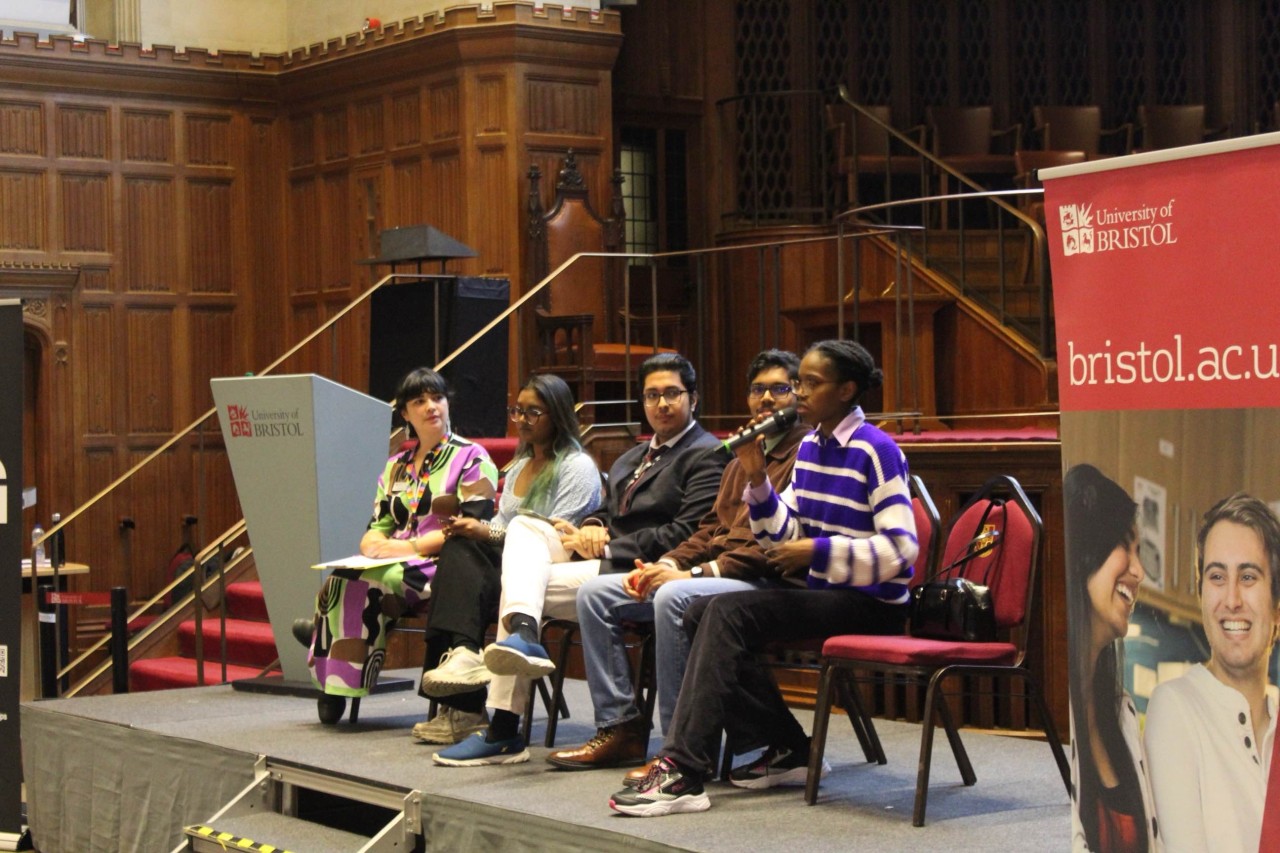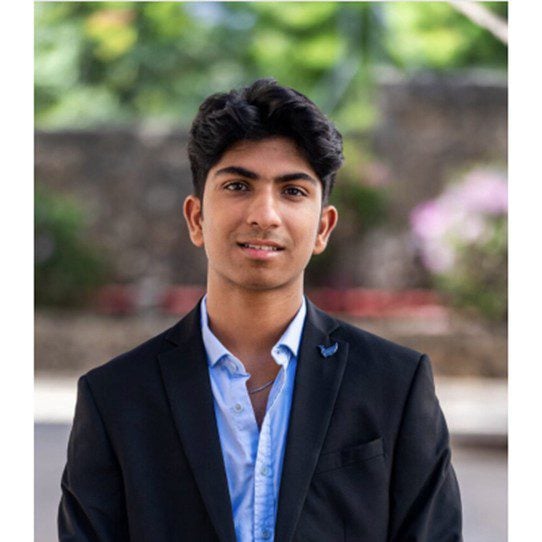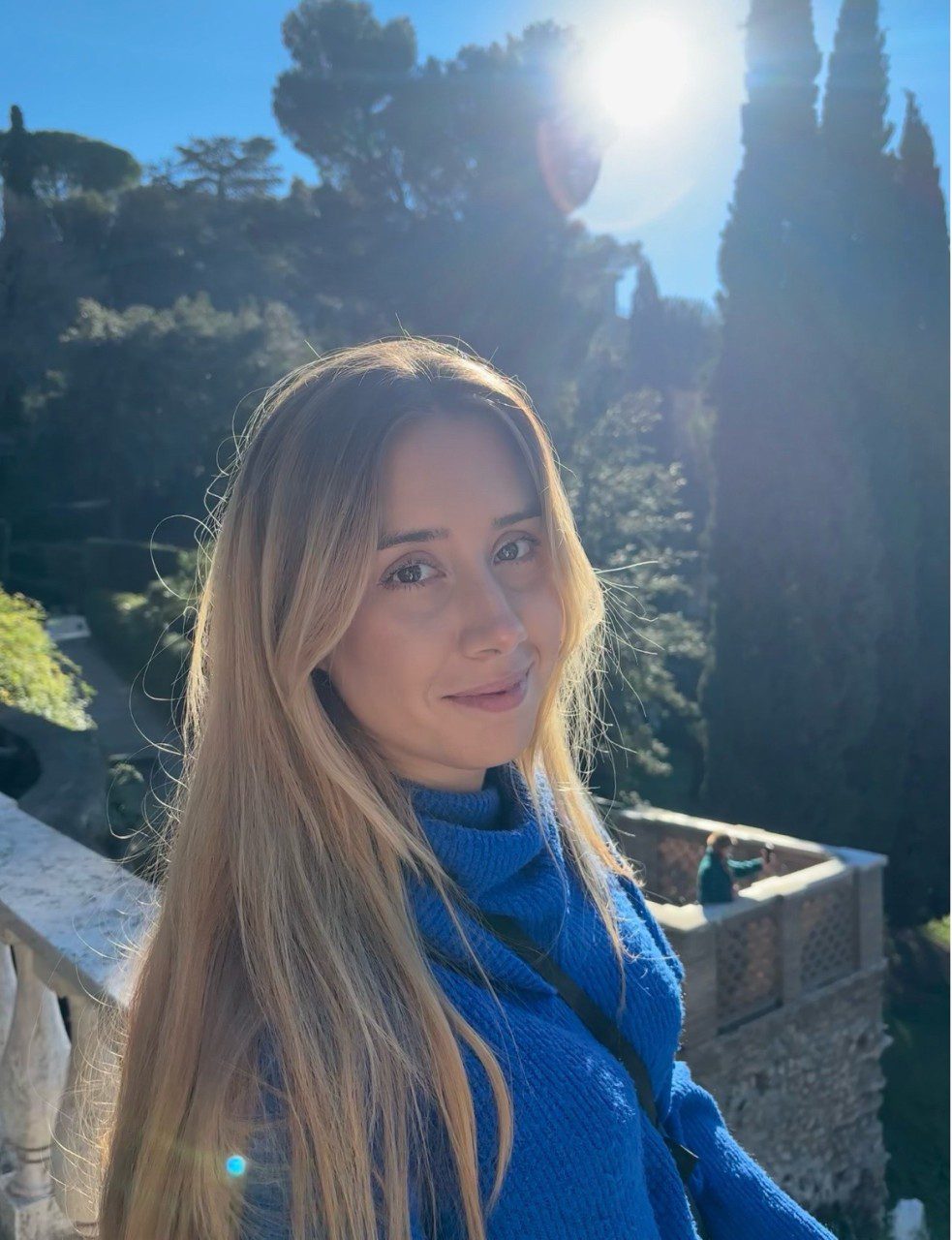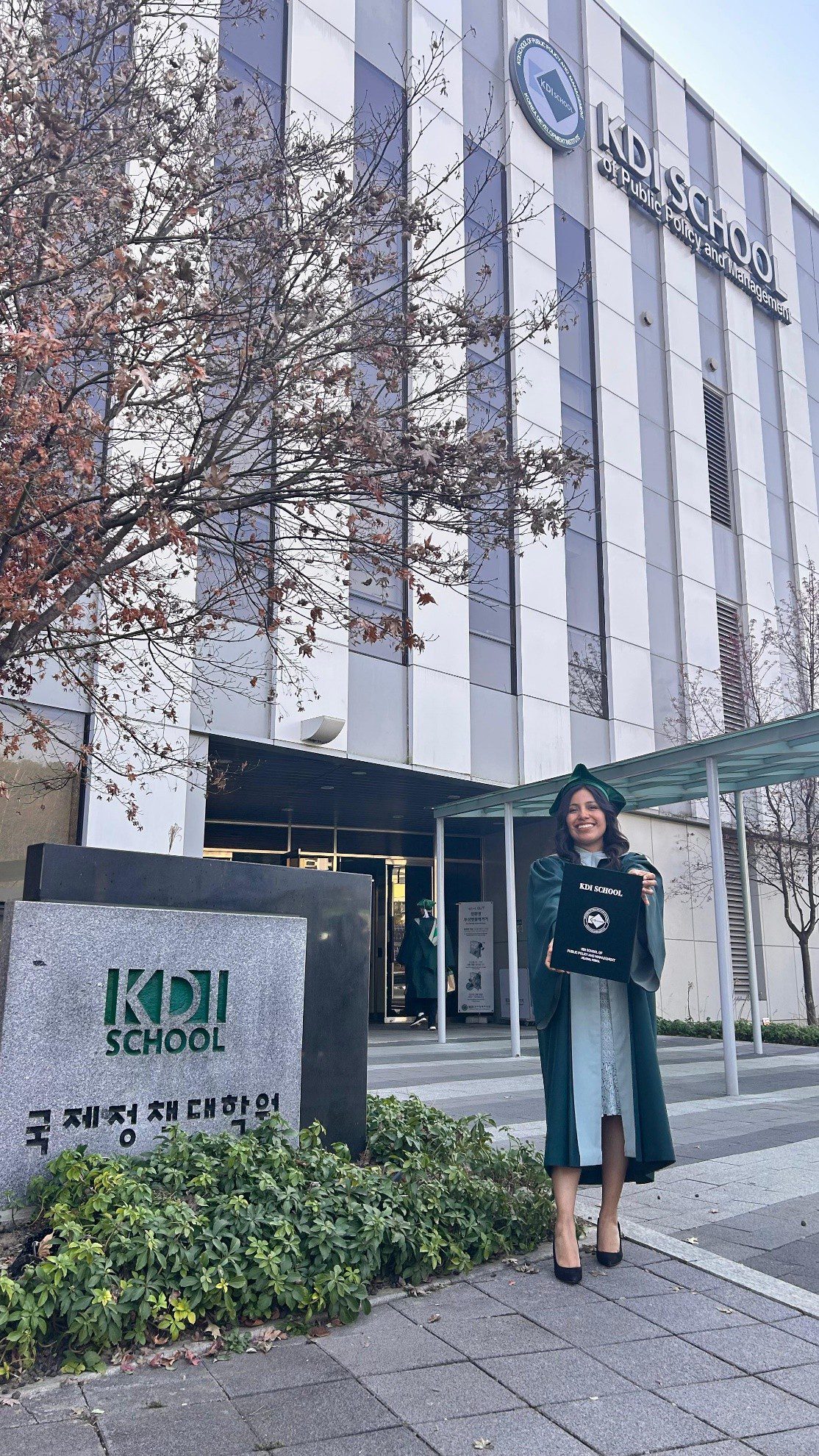Think Big Scholar, Souhardya De from India, Shares His Journey in History, Foreign Policy, and Global Leadership at the University of Bristol
University: University of Bristol
Degree: Bachelor’s in History
Previous Education: Undergraduate Certificate in History – University of Cambridge; CISCE Secondary & High School Education, India; Summer Programmes – University of Bath (Business & Management) and Georgetown University (International Relations)
Scholarship: Think Big International Scholarship – £13,000 annual tuition grant + Think Big maintenance bursary + Summer Abroad Scholarship (University of Dhaka research stint)
Other Offered Scholarships (if any): Warwick Undergraduate Global Excellence Scholarship (University of Warwick); International Academic Excellence Scholarship University of London); Indian Emerging Scholar Award (Purdue University); PACE Arts & Humanities Bursary (University of Cambridge)
Social Media
LinkedIn: linkedin.com/in/souhardya-de/

The Journey
I am Souhardya De, a Think Big scholar at the University of Bristol in the United Kingdom, in my final year of the undergraduate programme in History. I am concurrently a Lavoie fellow with the Mercatus Center at George Mason University and have interned, most recently, with the Hudson Institute. I was a 2025 Summer Honors Scholar at the American Enterprise Institute, an alumnus of the University of Cambridge, and am interested in great-power competition and economic statecraft in the Indo-Pacific region.
Previously, I have assisted MPs in the British and Indian parliaments and was a Prime Minister’s YUVA Fellow with the Indian Ministry of Education. My debut book, Pratap Jung, was launched by Nobel Laureate Annie Ernaux, and my columns have been published or are forthcoming in the Global Taiwan Brief, Critical Asian Studies, and Modern Diplomacy. In addition, I am a Common Futures Conversations member with London’s Chatham House and part of NextGen at RUSI, and I contribute to policy debates, most recently providing evidence for the UK Government’s China Audit Inquiry for the Commons Foreign Affairs Committee.
Think Big Scholarship Details
I received a number of scholarships, some of which include the ones below.
The Think Big Scholarship at the University of Bristol is awarded to around 1% of the degree-seeking students in a certain academic year. The scholarship comes in a range of different financial packages, and the highest band for undergraduate studies, which I am a recipient of, is a 13,000 annual grant towards tuition fees. I was also a recipient of the Think Big maintenance bursary, which included a one-off accommodation support, and in my first year, a further grant in the form of a Summer Abroad Scholarship for my research stint at the University of Dhaka in Bangladesh, awarded by the Centre for Study Abroad. The scholarship also comes with the bespoke Think Big Development Programme, a leadership and personal development programme to cultivate the next generation of leaders.
The Warwick Undergraduate Global Excellence Scholarship at the University of Warwick is awarded to degree-seeking international students looking to pursue undergraduate studies.
The International Academic Excellence Scholarship at the School of Oriental and African Studies, University of London, is offered to a total of ten degree-seeking students globally.
The Indian Emerging Scholar award at Purdue University, offered in partnership with TVS Motors, attracts ‘high-achieving undergraduate students from India to Purdue’.
Educational Background
Before coming to Bristol, I pursued an Undergraduate Certificate programme in History at the University of Cambridge, where I was offered the PACE Arts and Humanities bursary, awarded annually to two award-seeking students. I graduated from the programme with a 69 - a high 2:1 on the UK grading scale. I pursued both secondary and high school education from the Council for the Indian School Certificate Examinations (CISCE) in India and did two different summer programmes - one in Business and Management at the University of Bath, and the other a pre-college course on International Relations at Georgetown University.
Pursuing the UGCert programme at Cambridge prior to joining Bristol offered me a smooth transition into the British educational framework, since that differs significantly from what many overseas students are used to, especially in the rigour and independence of academic research. Moreover, as someone straddling the worlds of both foreign policy and history, I was able to clearly communicate to my institutions that I saw history as a window to a more informed comprehension of our place in the world today, and to have done a pre-college course in International Relations made so much sense, so long as that tangent was concerned.
How Did You Prepare to Apply to Institutions?
For me, the choice of institutions came down to three things - affordability, course content, and future prospects. In terms of accessing information, I found the university portals and regular webinars for prospective applicants extremely helpful. It is also advisable to reach out to current students and alumni from the programme on LinkedIn if there are specific questions around career prospects and so on, to enquire about, and people are generally very open to sharing their own experience at university with prospective students. Essentially, the idea is to avoid being intimidated by the expected grades or the personal statement or the tests - TOEFL and so on, or the popular stereotypes around what a student at the specific institution might look like, and to focus on - 1) how the course aligns with your goals, 2) whether you think the format in which it is delivered (and different universities have various ways of teaching) would be suitable for your future prospects, and 3) whether you think the university as a social space is what you think you’d be most comfortably proactive in? They can be incredibly tough questions, and there might not be a clear yes or no to most of these, so the idea is to gather as much information as you can and make a decision for yourself. That is pretty much what I did when preparing to apply for my undergraduate.
It helps to have super-curriculars, since it communicates your passion and willingness to go beyond the normative classroom set-up at school to the admissions tutors. I personally found essay competitions extremely helpful, primarily because the questions allow you to critically engage with a subject of your interest and get some independent research exposure, especially useful for someone outside the International Baccalaureate framework. I sent my submissions to some of these essay competitions, including the John Locke Institute History Prize hosted by the John Locke Institute at Oxford and Princeton, and was awarded a high commendation for my essay critically appraising the relationship between technological ‘modernity’ and colonialism in British India. Essay competitions give you a wide scope of themes to choose from, and consequently, I think even if you do not get to the final, what you do gain is a lot of reading and critical thinking within a short span of time - something extremely helpful in a humanities degree like History or Politics at university.
I shortlisted a couple of scholarships and applied specifically to the universities I knew I could afford. The ones that I applied to were mostly merit-based, including Bristol’s Think Big award; the only exception was the financial aid at the London School of Economics and Political Science, where I was offered a place in the International History programme, but was unable to ultimately confirm because of a prior deadline with the offer from Bristol. Nonetheless, my personal statements for these scholarships were very much tailored to the work I had done outside the classroom, what I looked to gain from the university course, and how I thought that would enable me to do whatever I was doing better. I articulated, for instance, my passion for foreign policy and politics and made a case for why history mattered, especially in the unfortunate circumstances we presently live in. Of course, there is an element of tying your narrative to the work you have done - books, columns, high school internships, essay awards, summer school programmes, and so on. It is almost like they tell you - show, don’t tell. Communicate your purpose and how your trajectory makes you well placed to work towards your big dream in small steps, but do try to avoid making unreasonable claims. Most importantly, I attended interactive webinars, which allowed me to talk to actual scholars as a prospective student and get some more information out of them. And it is not an intimidating process at all! Two academic years ago, I too volunteered to speak at one of the webinars as an ambassador for Bristol’s scholarship community, and it felt incredible when a freshman scholar walked up to me at the orientation last academic year and told me how the webinar had helped humanise the process for them. This whole experience truly taught me that these informal student-applicant interactions go a long way in making the admissions process so much more humanised and comfortable.
Be authentic and original, and be willing to open up to people, share your ideas, however unreasonable you think they might sound to you, and be open to learning from people and the wider community - those would be my two cents for our prospective scholars.
Please shoot me a message on my LinkedIn profile if you would like to talk to me further about scholarships, universities, the academic world in general, or anything foreign policy!
Want to submit your
scholarship journey?
Submit Your Story Here!
More Scholarship Recipients

My name is Arsh Dharani, and I am an international student originally from the Democratic Republic of the Congo (DRC). I am .... Read more

Hi! My name is Arawa. I’m a Marie Skłodowska-Curie PhD researcher working on AI-based neuroimaging biomarkers for Parkins .... Read more

Hello! My name is Alexandra Eras, and I am from Ecuador. I studied Economics and completed a major in Gender, Violence, and .... Read more

Leave A Comment